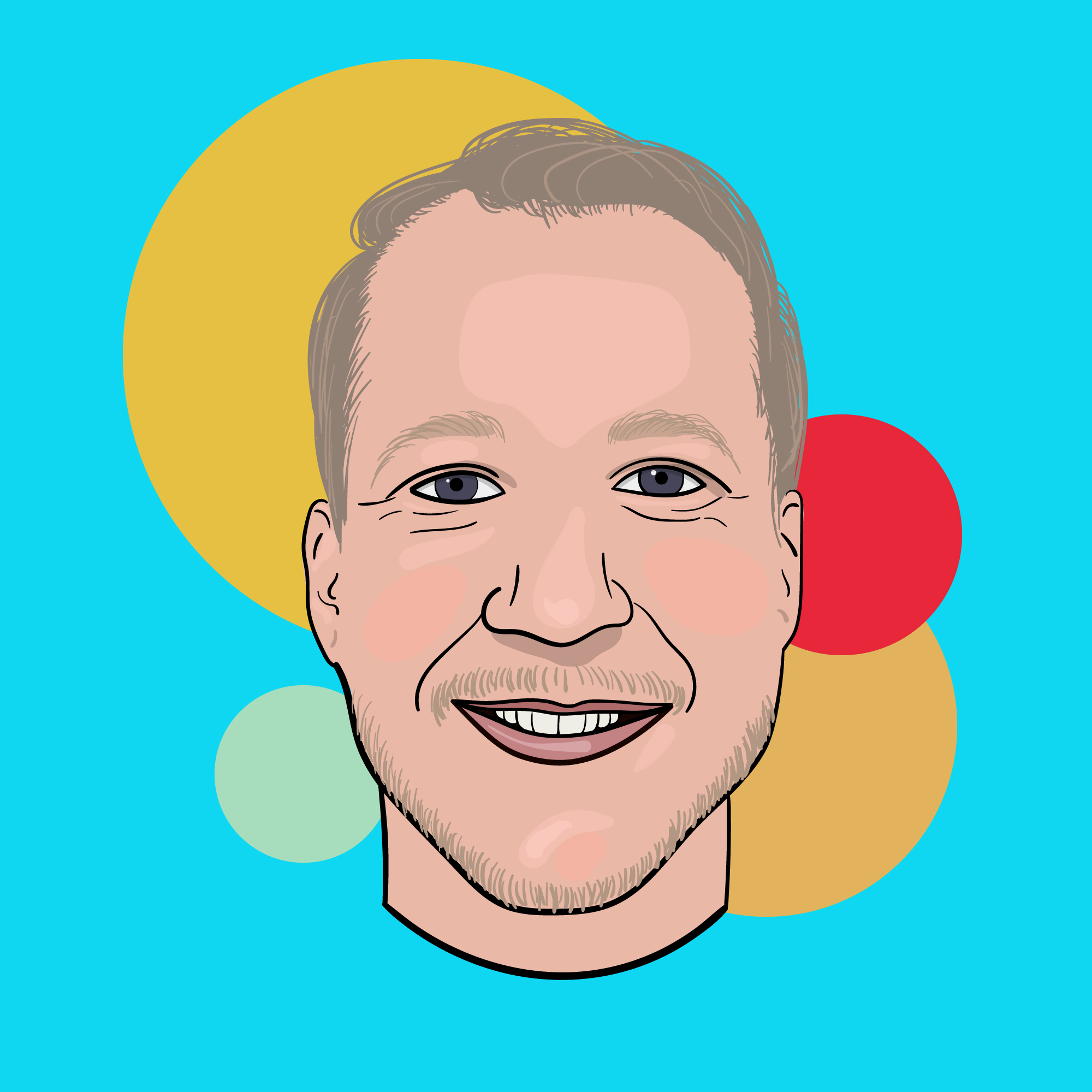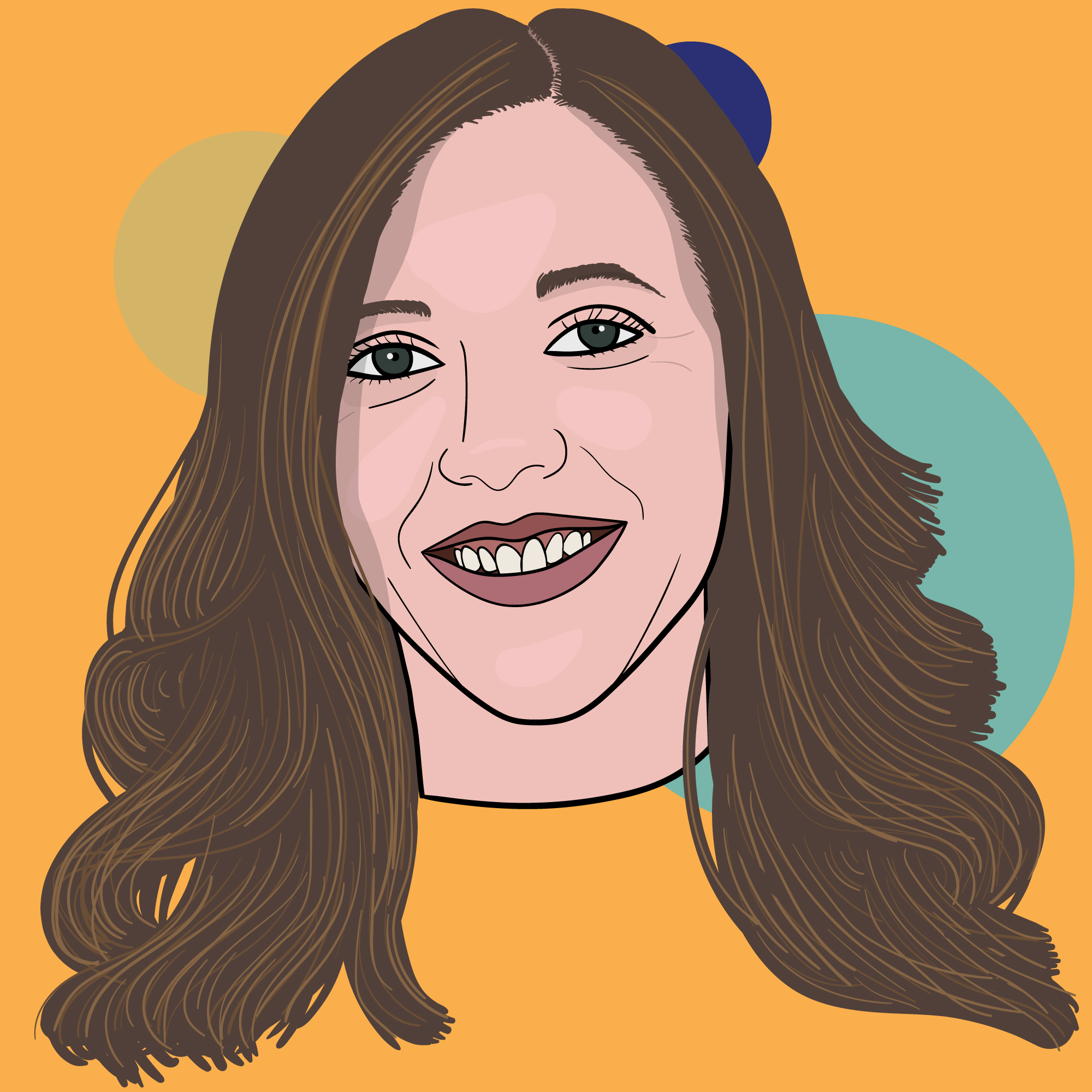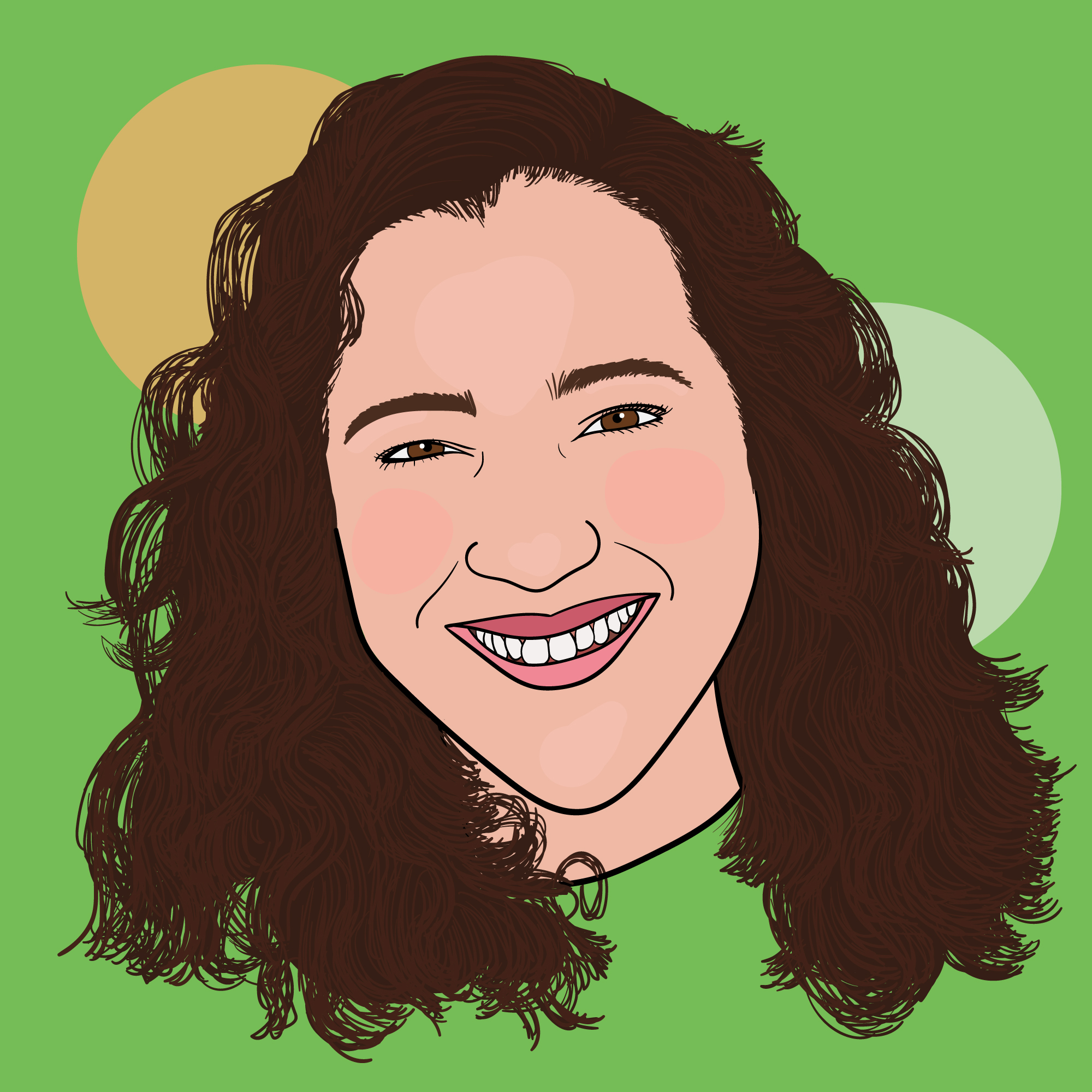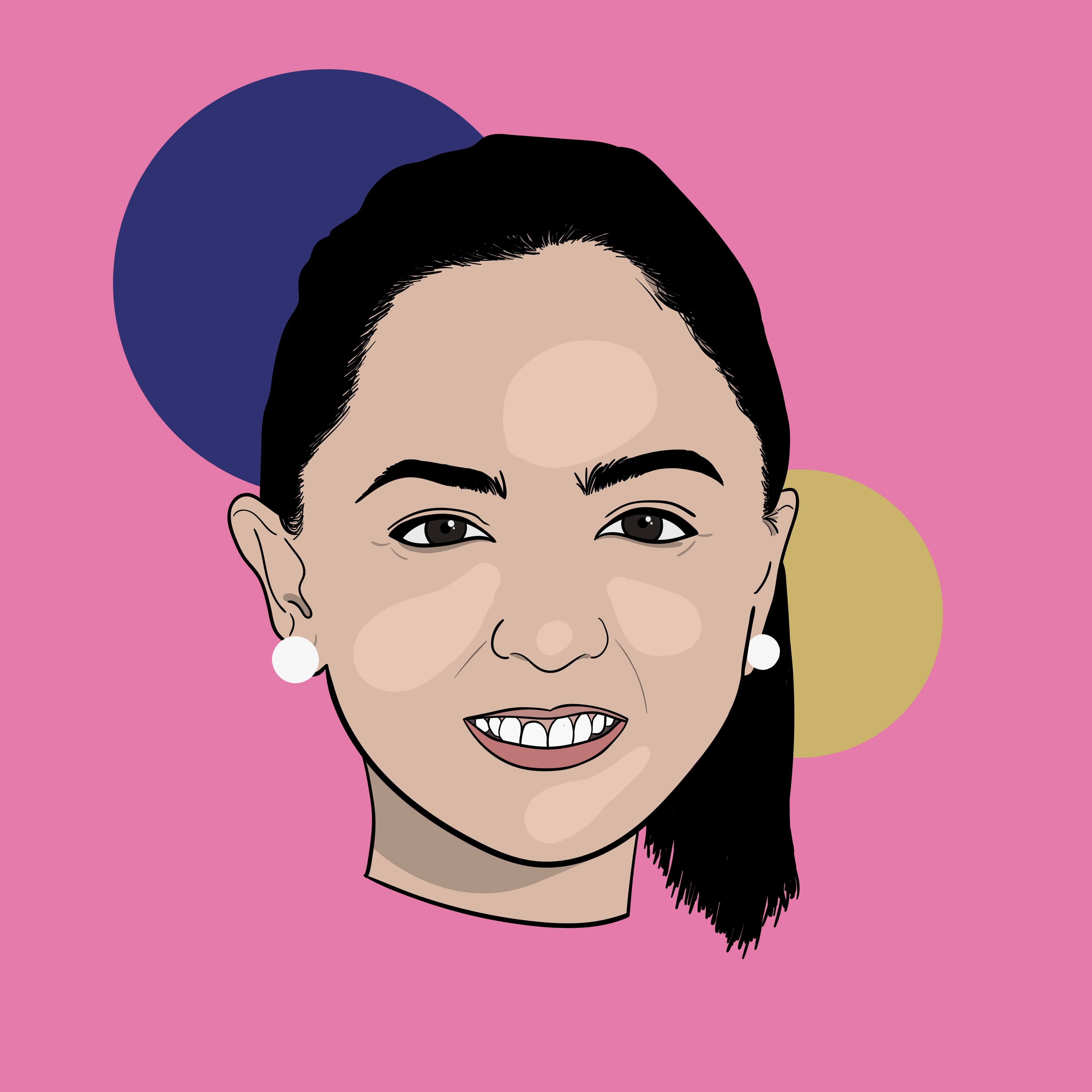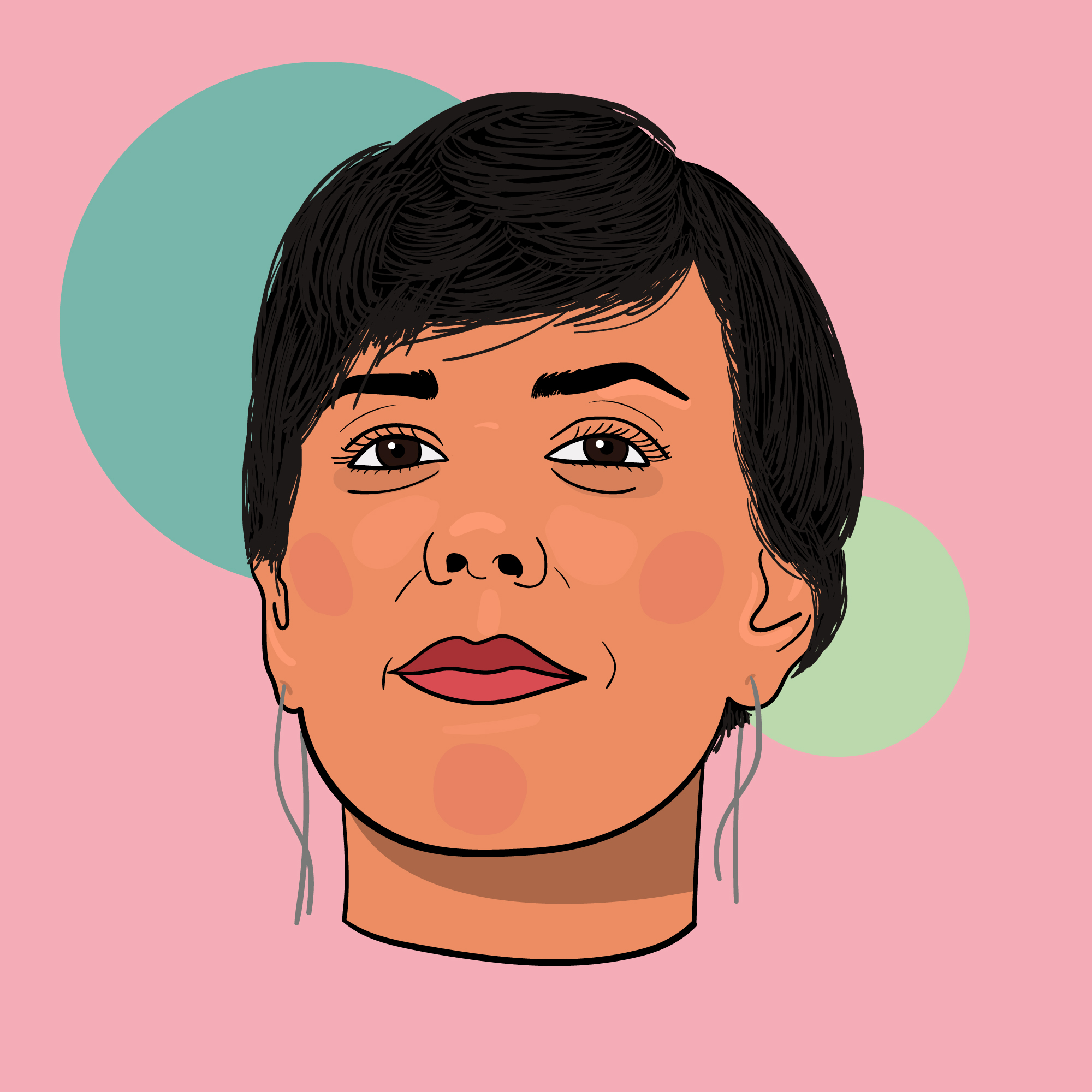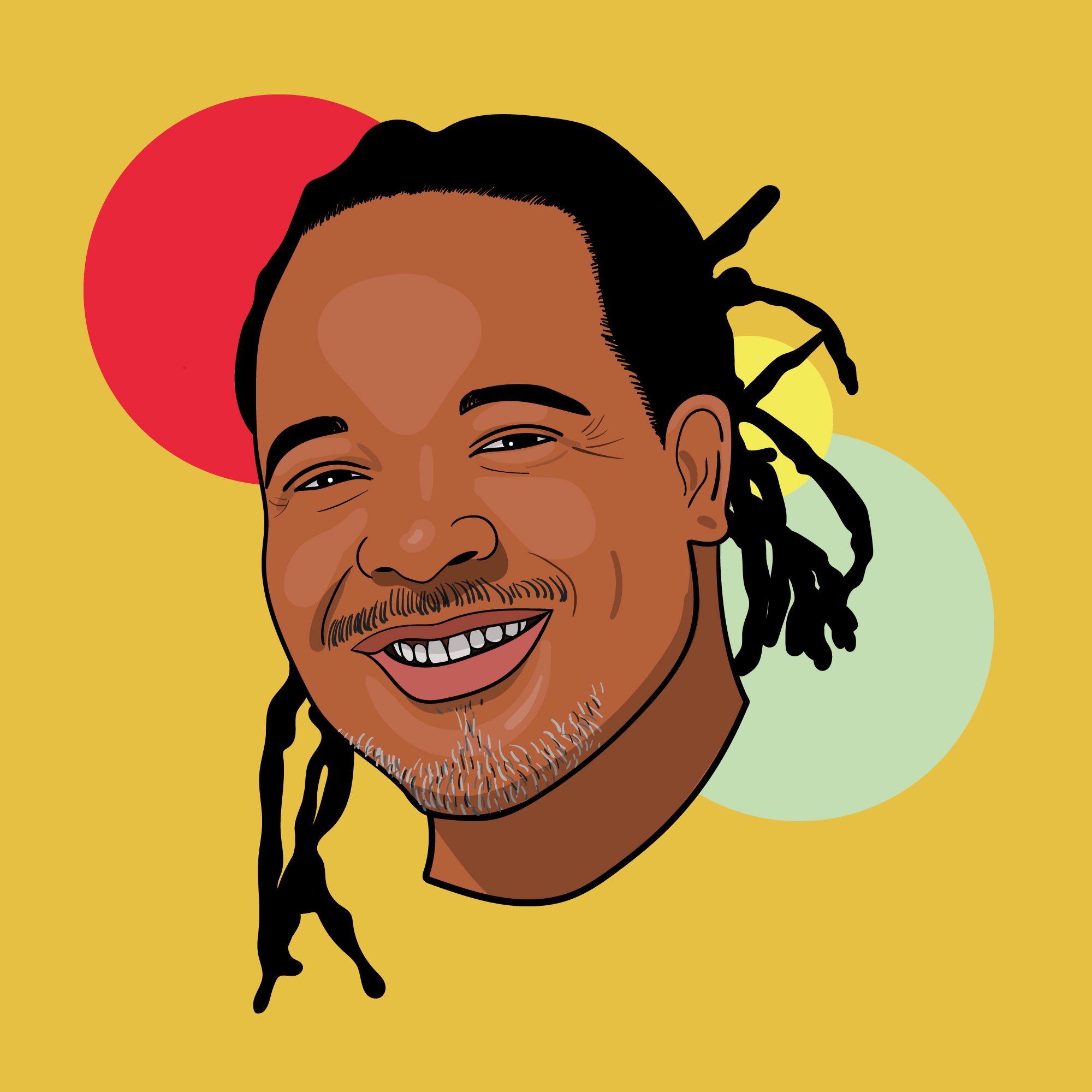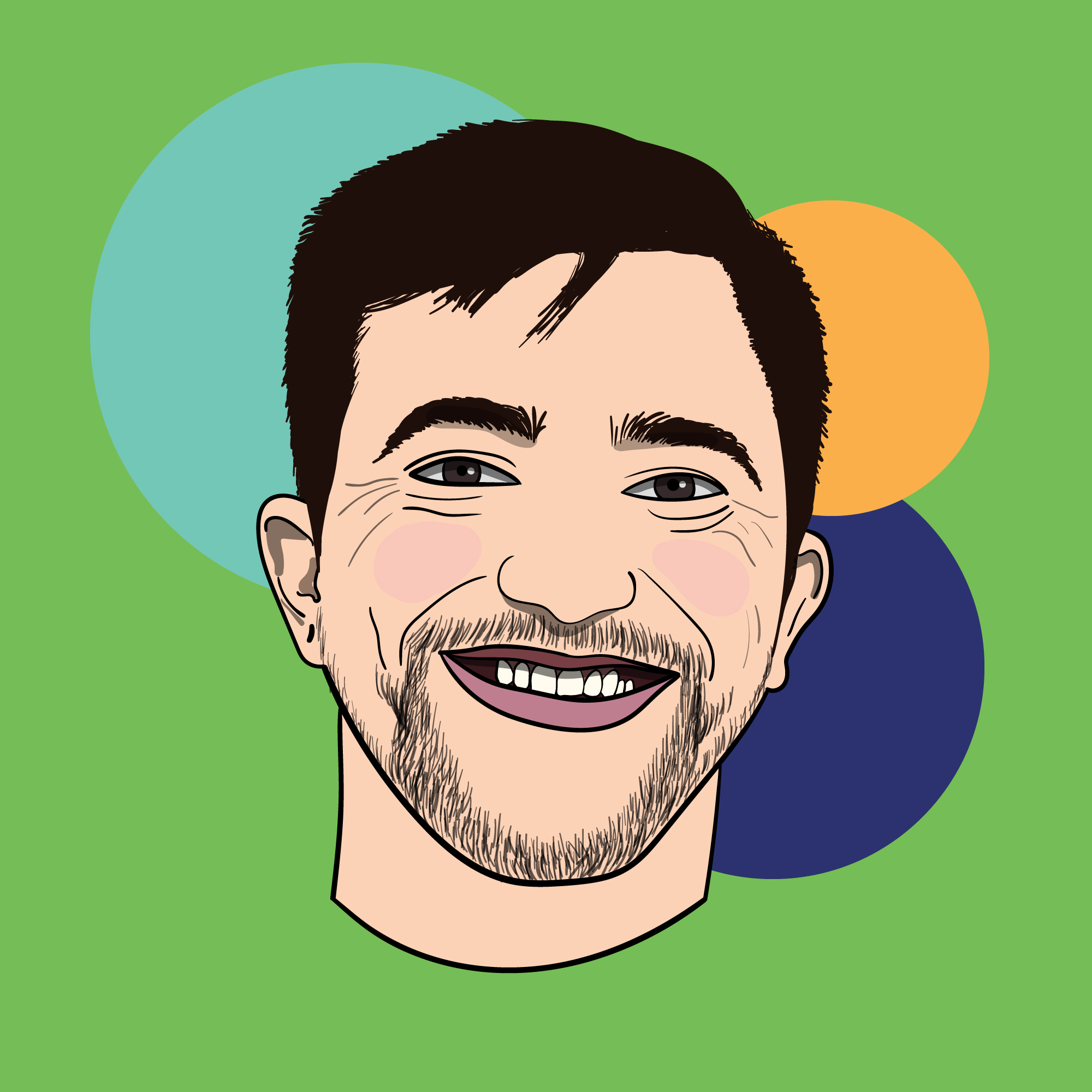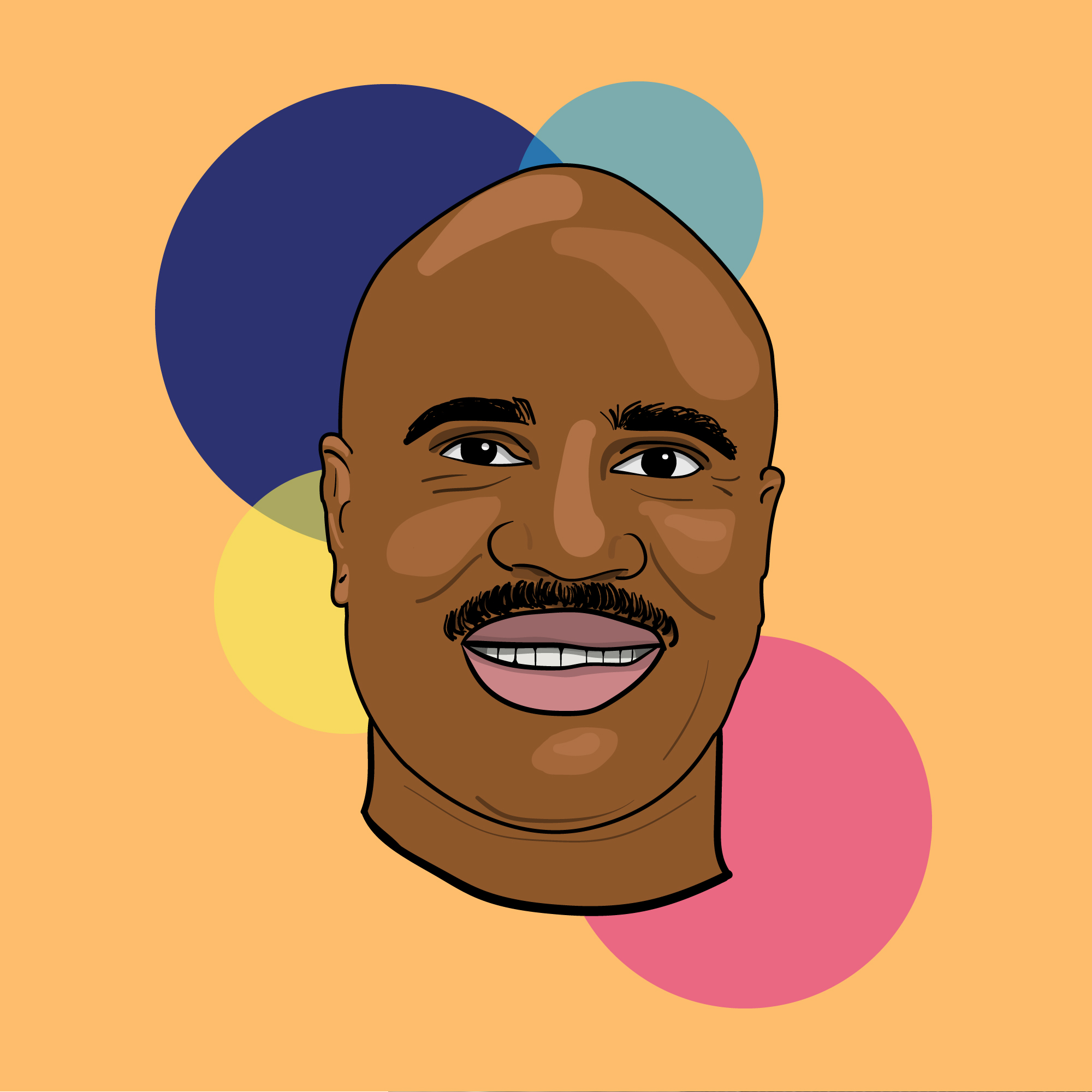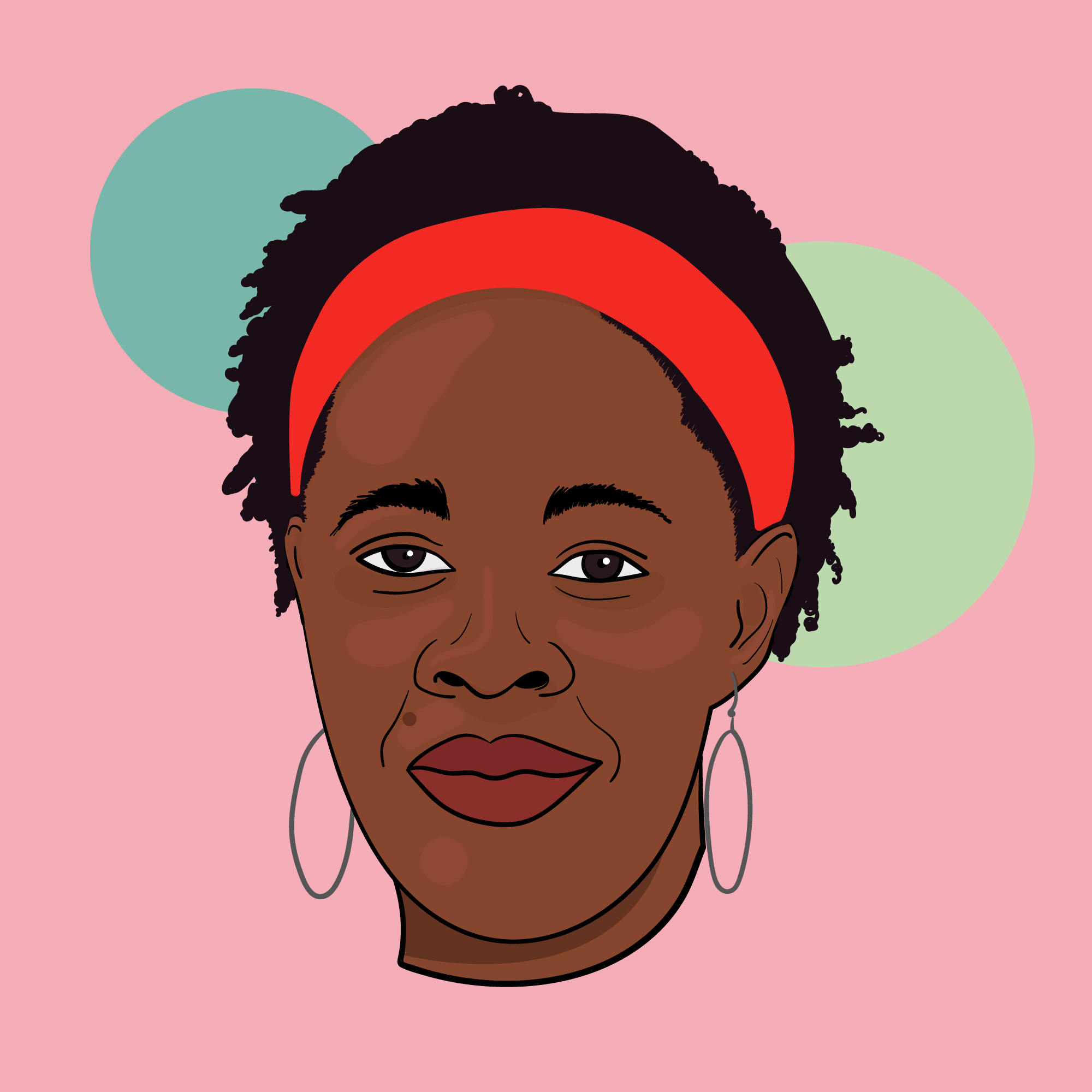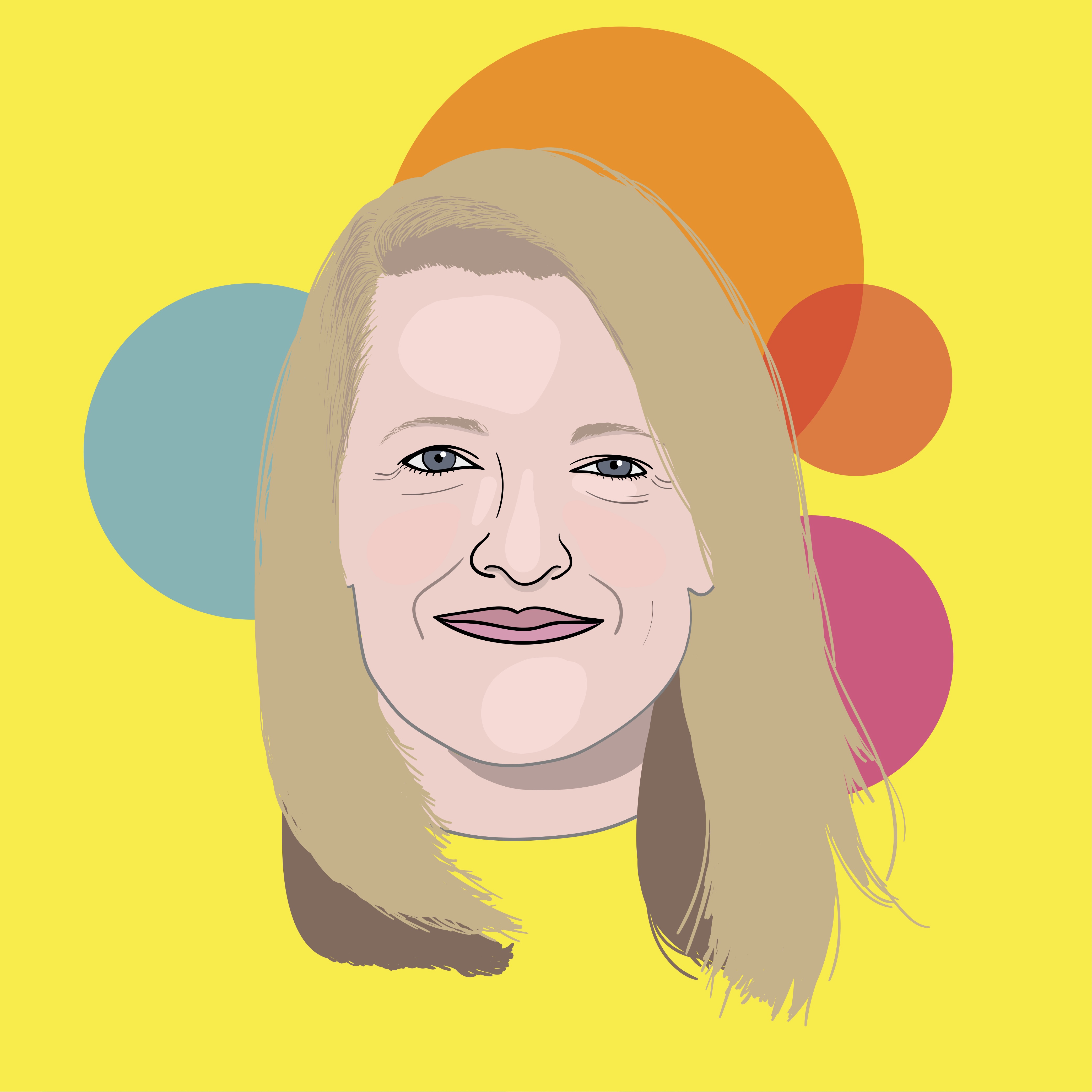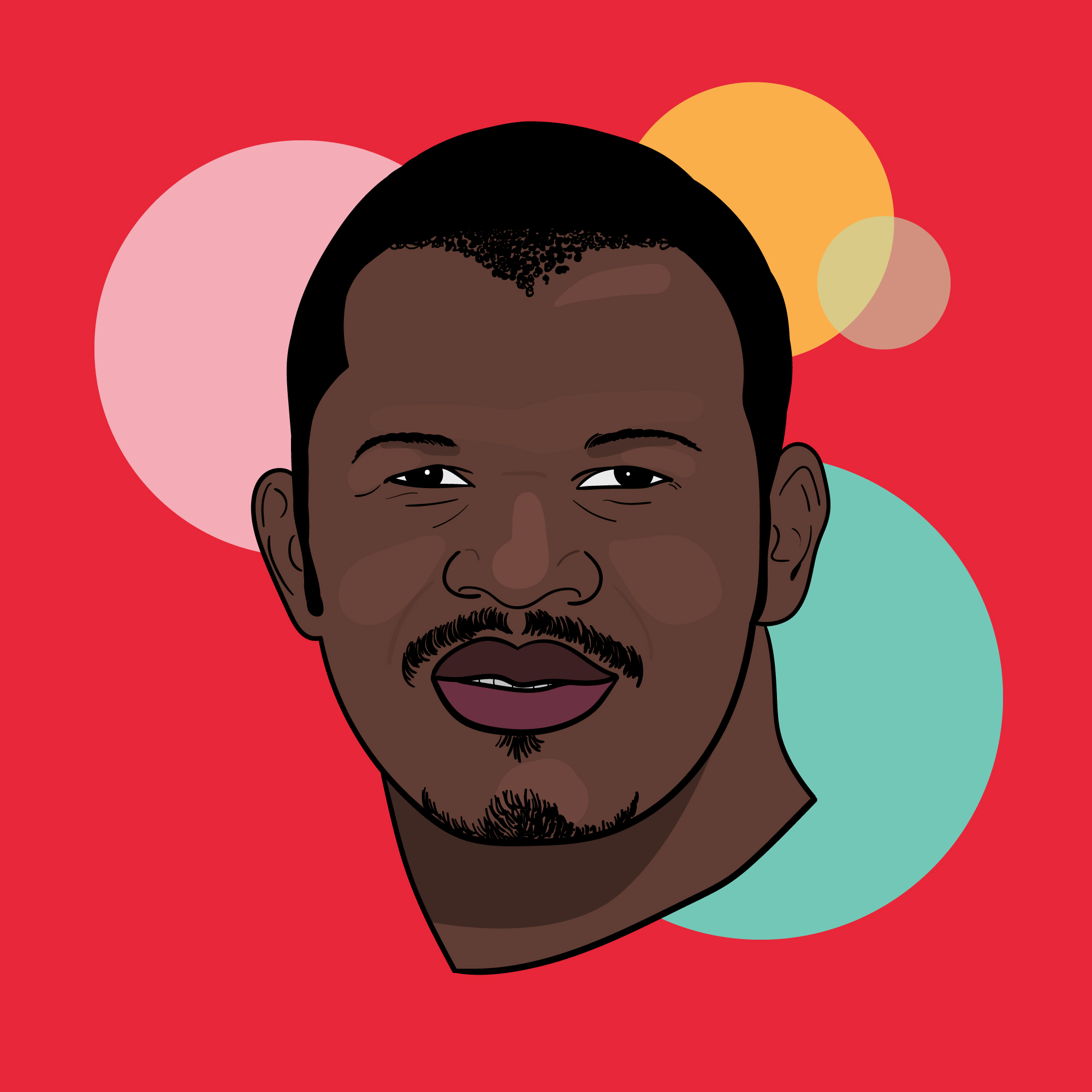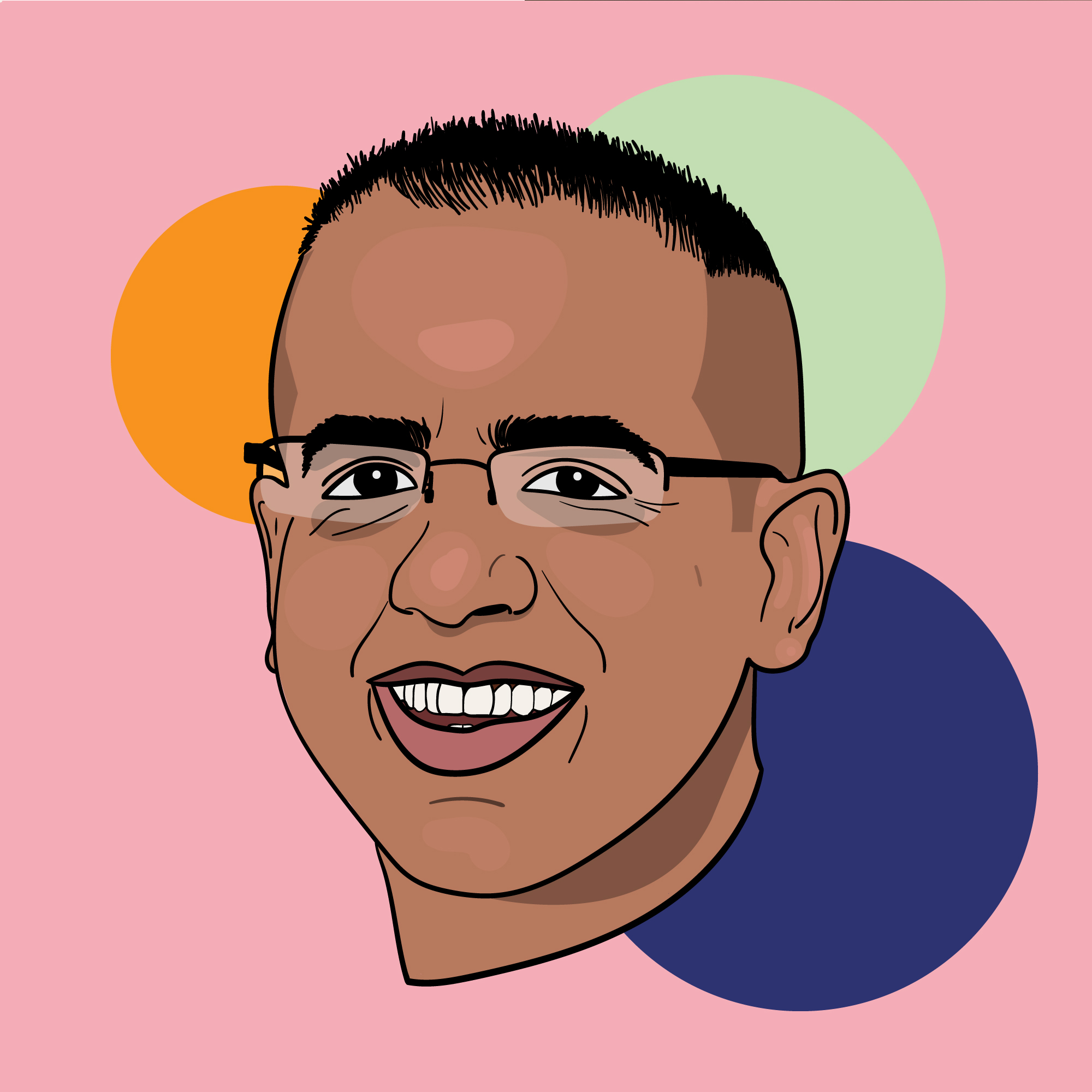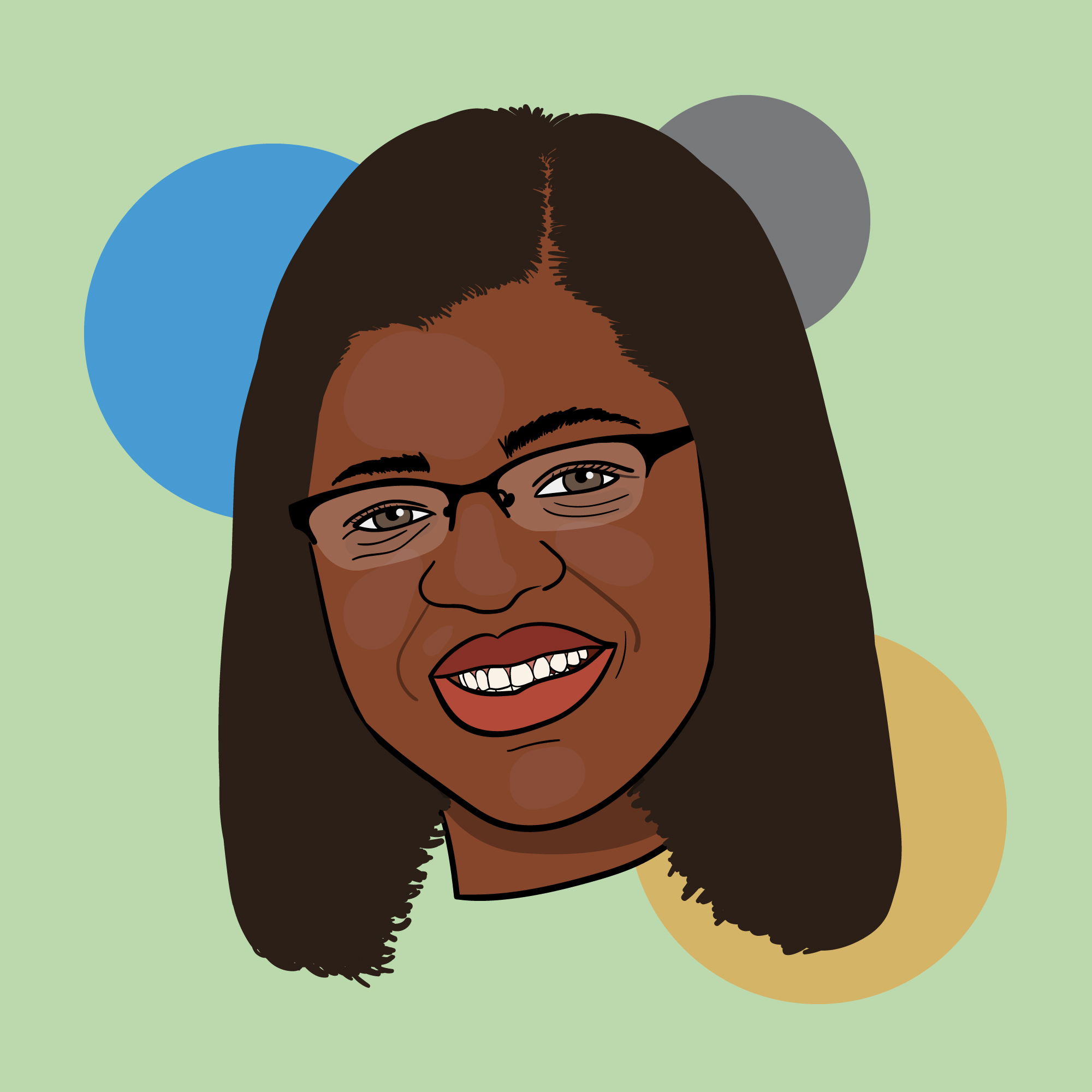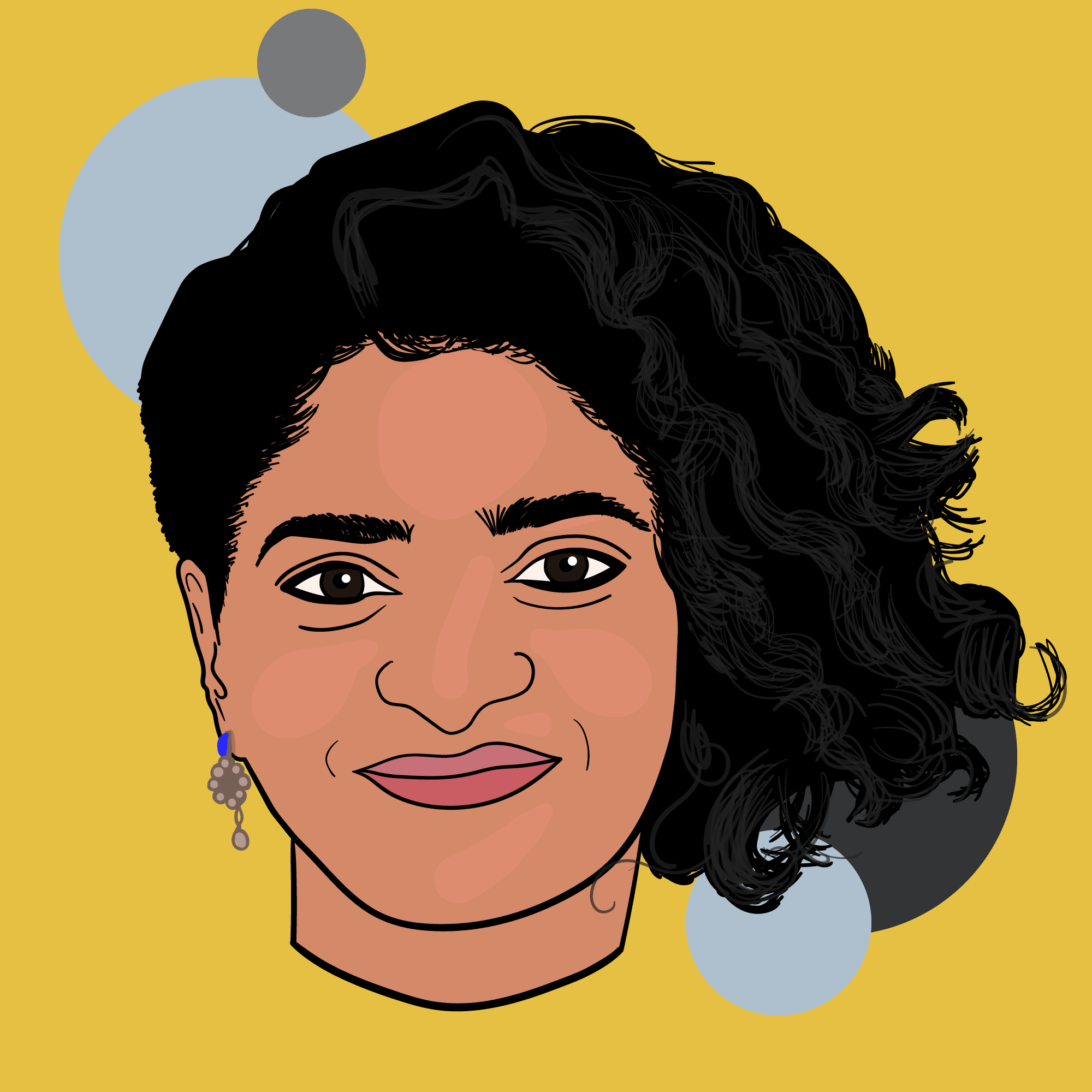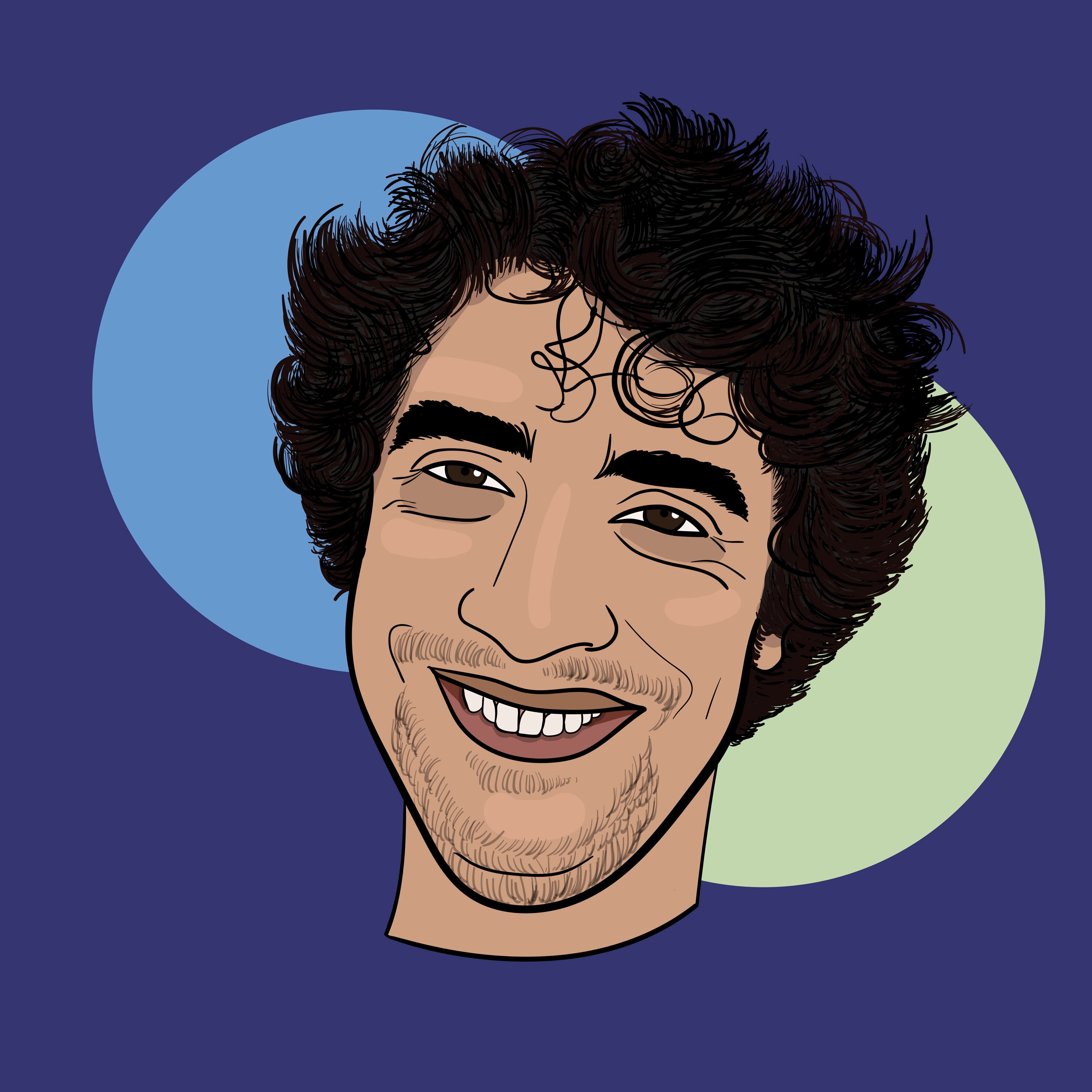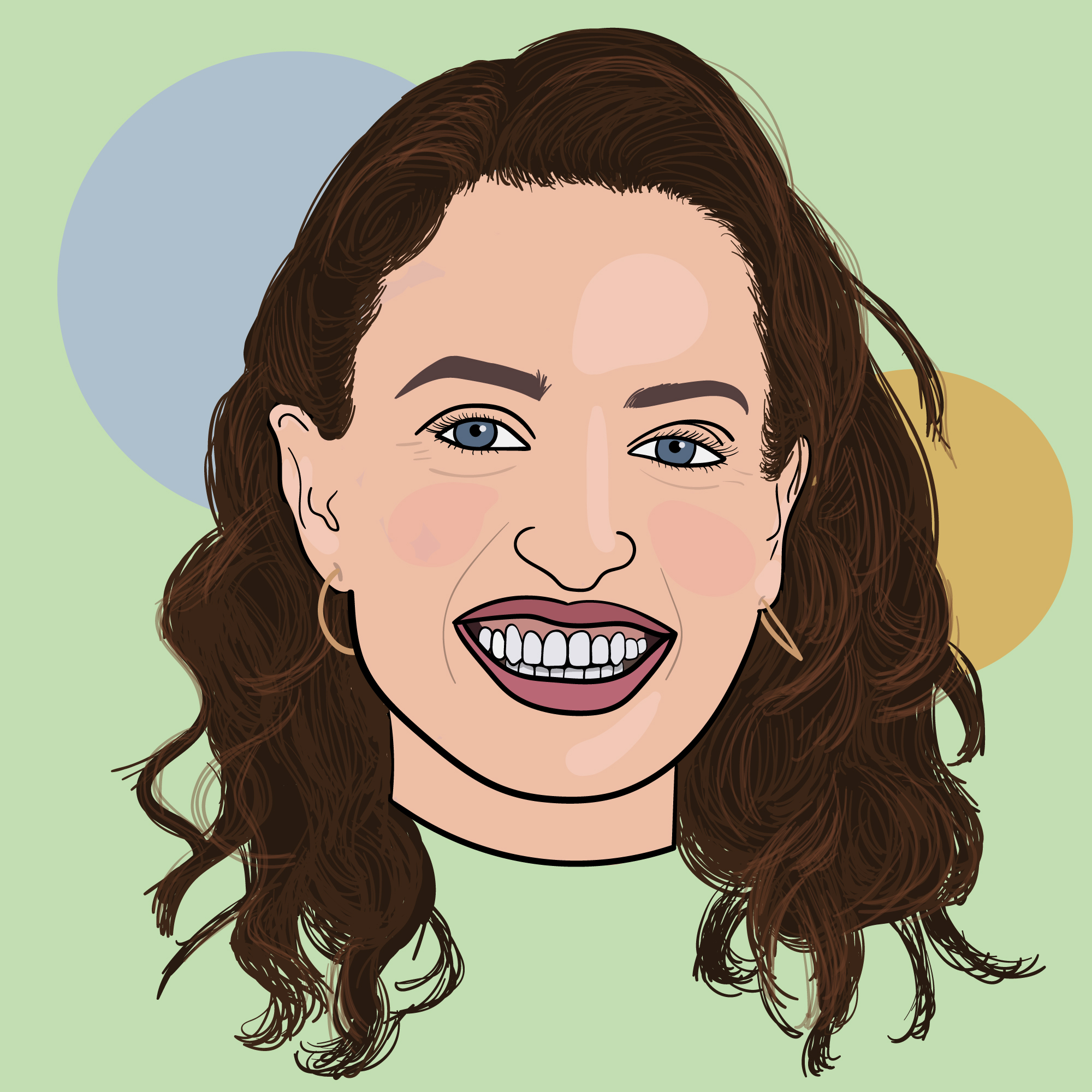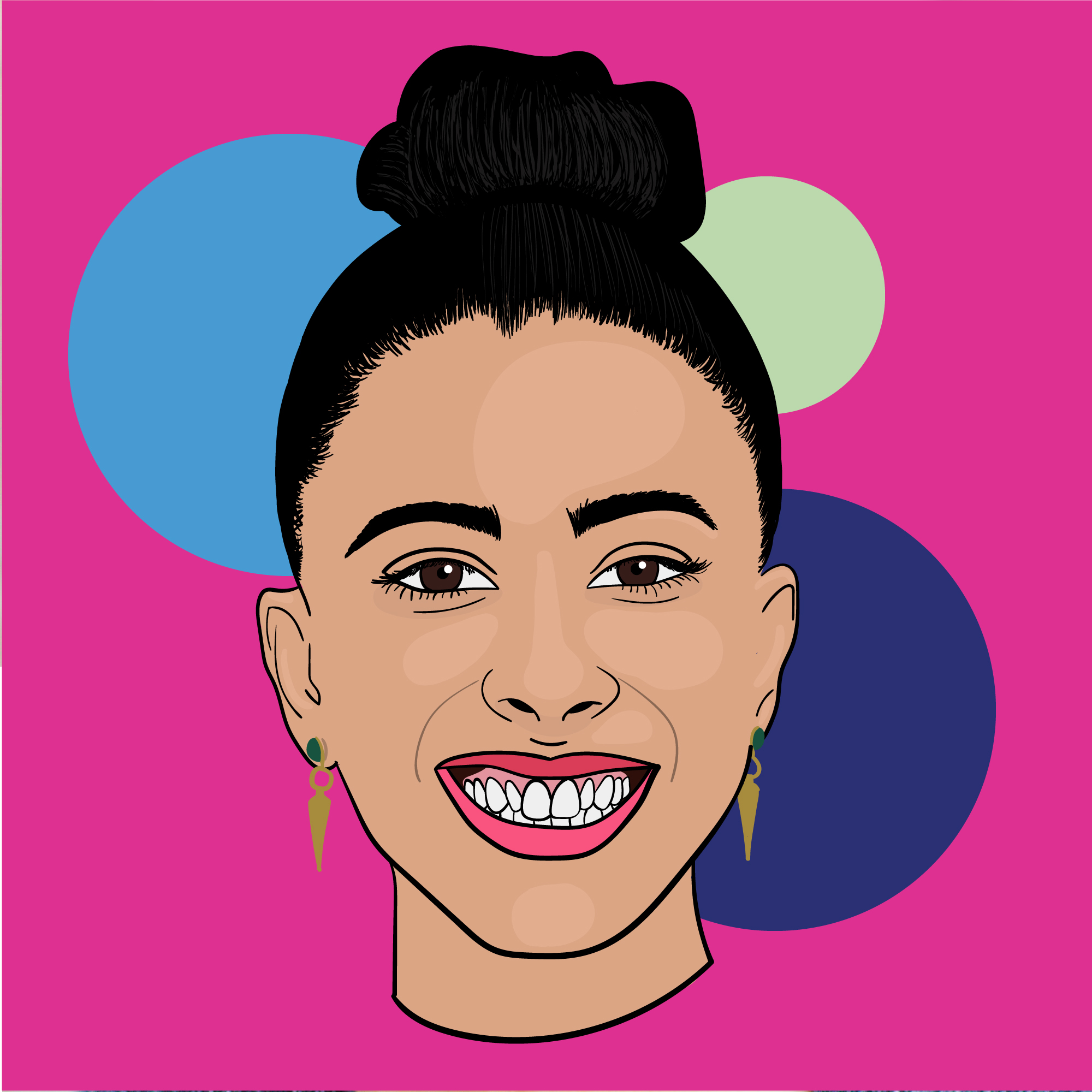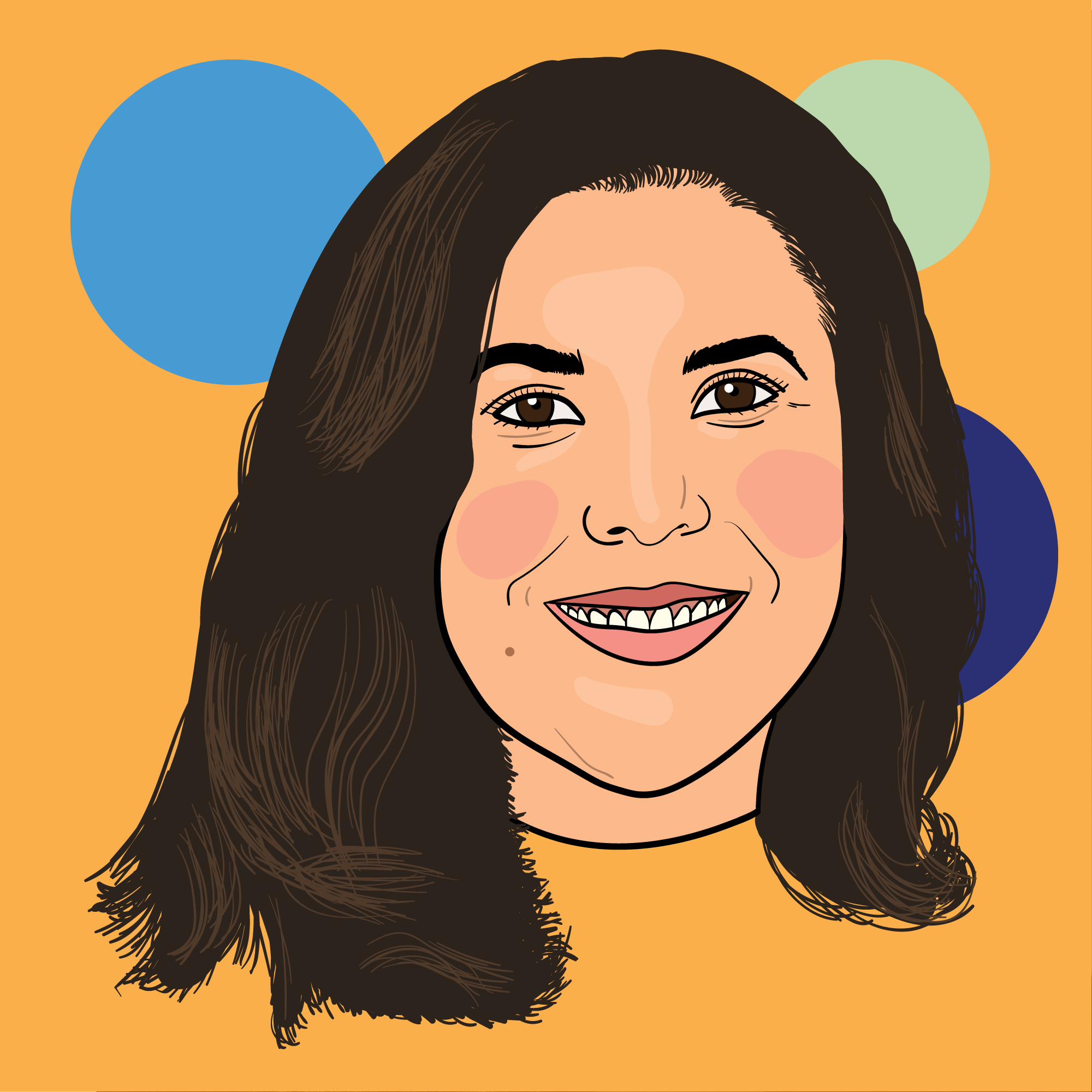Zarlasht Halaimzai

The Syrian refugee crisis is the largest of our time, displacing nearly half of the country’s population, including four million refugees registered abroad. Meanwhile, violence in Iraq and Afghanistan continues to displace more and more people, adding to a growing and global refugee crisis. Camps are hugely difficult places to survive, as trapped refugees grapple with trauma, loss, abuse, depression, and suicides. Large aid groups have tried to provide psychosocial support, but the scale of the crisis, its vast and diverse demands, and sharp EU funding cuts in 2017 mean that most refugees rarely see a doctor, much less a therapist, sabotaging hopes for a stable, better life.
Refugee Trauma Initiative (Opens in a new tab) (RTI) has provided psychological first aid to refugees stranded at five camps and four community centres in Greece, using group-based sessions to foster community and resilience. Working in refugees’ native languages, RTI’s (Opens in a new tab) team of mostly Middle Eastern women therapists runs groups for women, men, teens, expecting mothers, and small children; sessions include talk, movement, art, and mindfulness therapies. More than 2,200 refugees have been reached. RTI (Opens in a new tab) builds capacity, drawing doctors, teachers, artists, and others from within the refugee population to help RTI (Opens in a new tab) and to launch their own programs—including a refugee-led school for children, parent groups, language classes, and committees to work with camp management—deepening agency, hope, and connection. RTI (Opens in a new tab) also runs groups and trainings to support other aid workers. In the future, it aims to train more therapists from diverse backgrounds that reflect its patient population, and to work systemically with NGOs and governments to make mental health care an essential part of any refugee response.
Laila Haidari, an Afghan woman who runs a rehabilitation centre for heroin addicts. It’s called the Mother Trust Organisation.
YOUR SUPPORT TURNS HOPE INTO ACTION
Donate to the Barack Obama Foundation.
The Barack Obama Foundation is registered as a 501(c)(3) non-profit organization (EIN 46-4950751).
More Obama Foundation Fellows
